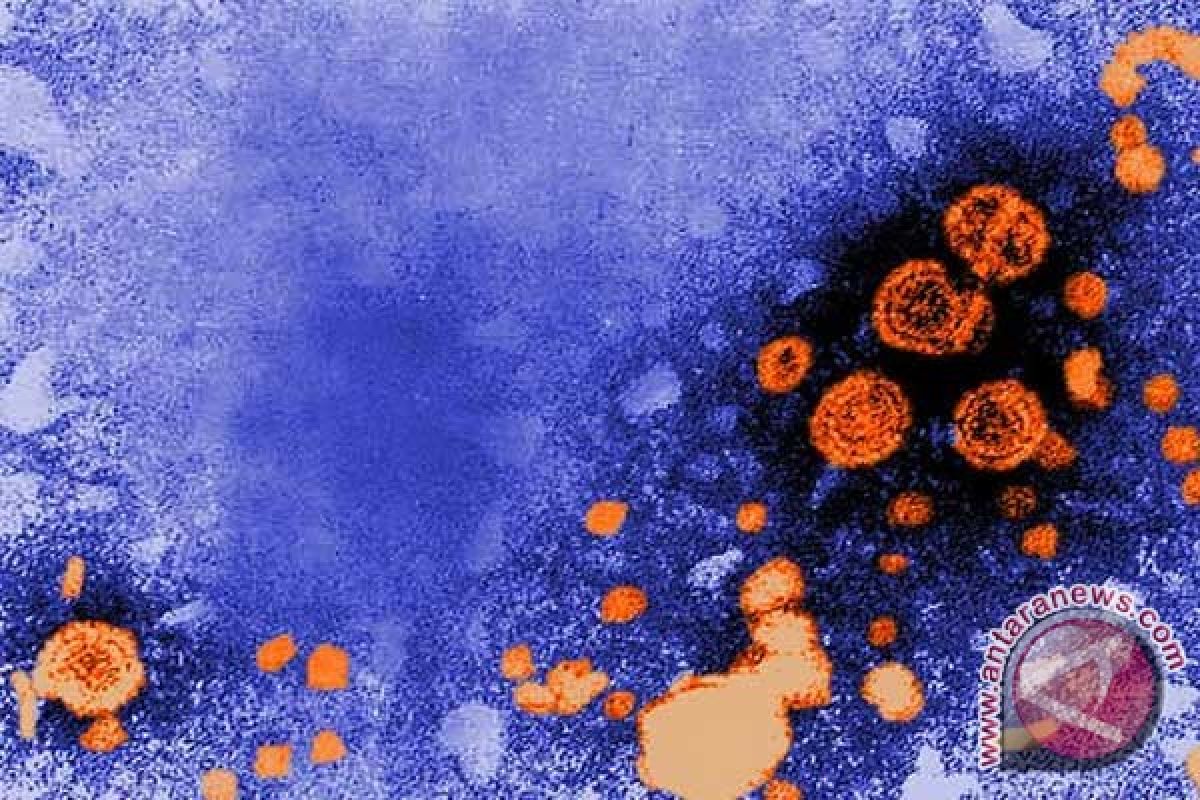"Immunization against hepatitis B to control hepatitis has been carried out in Indonesia since 1977," Endang said at a seminar themed "It`s Time to Fight Hepatitis" organized to observe Hepatitis Day here on Thursday.
Besides immunization, efforts to control hepatitis also include other means such as through a healthy life style campaign, the development of National Epidemiological Surveillance Network, and donated-blood filtering by the Indonesian Red Cross (PMI).
According to the health minister, more than two billion people worldwide have been infected with Hepatitis B virus and 400 million people of them have been chronic patients.
The number of Hepatitis C patients in the world is estimated to reach 170 million people.
The success of Hepatitis control very much depend on supports from all parties, including the public awareness of how to prevent the disease, the minister said.
Based on the result of Basic Health Research (Riskesdas) 2007, of 10,391 serums which were tested, the prevalence of HBsAg positive was 9.4 percent, meaning that of 10 Indonesian people, one was sufferer.
Indonesia and Brazil had initiated the launching of Hepatitis Day to encourage comprehensive handling of the disease comprehensively, from prevention until treatment and covering various aspects including surveillance and researches, the health minister said.
Following the adoption of a viral hepatitis resolution during the 63rd World Health Assembly in May 2010, World Hepatitis Day was given global endorsement as the primary focus for national and international awareness-raising efforts and the date was changed to July 28.
(F001)
Editor: Ella Syafputri
Copyright © ANTARA 2011












